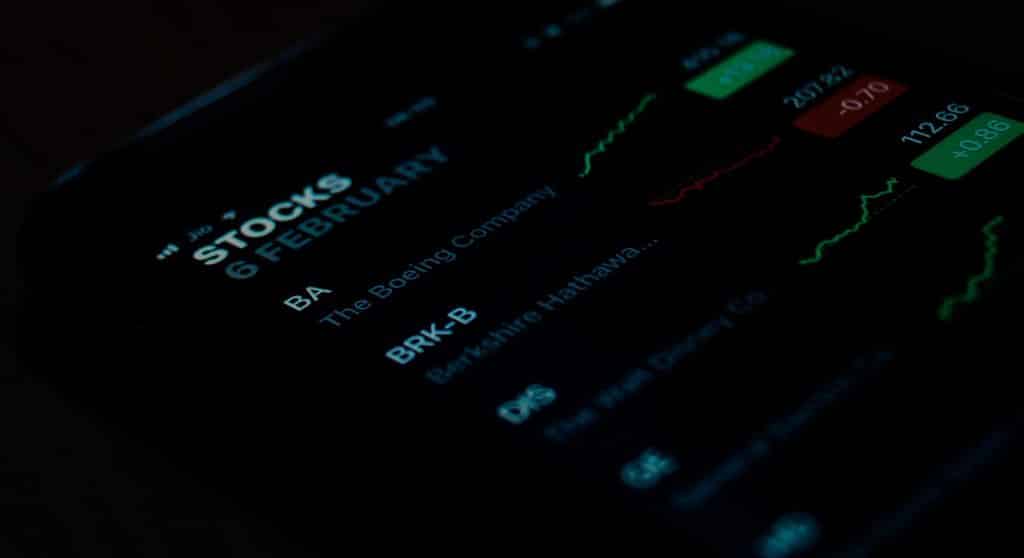There are many different ways to make money trading stocks, but most people can’t even come close to that. Many people don’t know how much it actually costs to start trading. Here’s a basic introduction to trading stocks, with tips and tricks for avoiding pitfalls. Read on to learn more about minimum deposit amounts, commissions, and tax-loss harvesting. And don’t forget to keep good records to reduce tax liability.
Table of Contents
Costs of trading stocks
With the emergence of electronic trading networks (ETNs), the cost of trading stocks has decreased. While many traditional market participants still blame ECNs for fragmentation, there is statistical evidence that demonstrates that ECNs have produced a more efficient market. In the United States, the development of ECNs has substantially reduced the costs of trading stocks. In fact, savings associated with ECN development have flowed directly into the pockets of investors. In fact, one market participant’s president testified before Congress that ECNs have saved his firm millions of dollars.
Minimum deposit requirements
A broker has to set minimum deposit requirements for trading stocks and other securities, which can put you at risk of burning through your account. A minimum trading account balance is also necessary if you plan to buy and sell options or make short sales. To avoid such risks, you should look for a broker with a low minimum. After all, the broker wants you to stay in their service as long as possible so that they can collect commissions and fees.
When opening a trading account, it is important to check the minimum deposit requirements of brokers. Some brokers, such as E*TRADE, don’t require any deposit. That’s fine if you’re just starting out, because you can always make larger deposits later. Other brokers, however, have higher minimum deposits. For example, Core Portfolios require a minimum deposit of $500, while margin accounts require a minimum deposit of $2,000 or more.
Commissions
The biggest downside to commissions is that they reduce your return on investment. If you trade stocks frequently, you’ll end up losing about 7% of your investment every day. Even if the stock market returns 7% every year, that means that you’ll lose about $50 a day on commissions. To avoid commissions, you can sign up for an account that charges no commissions at all. There are several options for trading stock without paying commissions, and a free option will allow you to get started trading stocks.
The easiest way to trade stocks without paying a commission is to sign up for a free account with an online broker. There are many such brokers online, and the best part is that most of them don’t charge any commissions at all. Many brokerages also offer a no-fee trading account with no minimum deposit. You can also find brokers that do not charge a commission for options trades, which is especially valuable for active traders.
Tax-loss harvesting for loser investments
Many traders and investors fail to realize that they can take advantage of tax-loss harvesting when trading stocks. It is important to understand the tax implications of harvesting your losses before you sell an investment. Many trades have administrative and trading fees, so it is essential to take these into account before selling a stock. Additionally, some investors may need to access their capital immediately, whether it be to finance a dream home, invest in a new business, or for unforeseen circumstances. In such cases, tax-loss harvesting may shine. However, if you sell a stock before you realize its loss, you may face a higher capital-gains tax than if you had sold it before.
When you trade stocks, you may be tempted to keep holding on to your losing investments and wait to reinvest the money to offset the gains. However, this approach requires discipline. It is important to plan ahead and sell only a portion of your losing positions to get the maximum tax benefits. Also, it is important to remember that tax-loss harvesting cannot be used for every stock you own, so you should carefully consider your objectives when planning your investment strategy.
Fintech apps that make trading easier for young investors
Millennials from the Middle East, for instance, have become more familiar with online platforms and mobile payments. They have funds to invest, but aren’t quite as patient or knowledgeable as their older counterparts. Fintech apps help them with this by providing automated assistance and information. The Middle East is also seeing a growing number of fintech startups. These start-ups are betting big on innovation and are launching apps to make trading stocks easier for young investors.
The BitAlpha AI app is a cutting-edge trading platform designed to provide users rapid access to the cryptocurrency market. Anyone may invest in Bitcoin and many other digital currencies using the app. It analyzes the bitcoin market in real-time and derives insightful market knowledge using robust algorithms and AI technology. BitAlpha AI makes use of technical indicators, as well as past price information and patterns, to make sure it properly evaluates the markets. All sorts of traders may use the program, regardless of their level of expertise, because it is incredibly user-friendly. Read more to learn about daily profits.
The Baraka app, for example, makes it possible for investors in the Middle East to invest in US stocks without paying a commission. The Baraka academy feature offers curated investment content for investors. Young investors don’t necessarily have the time to invest all their cash in one industry, so the WealthFace app makes investing in fractional shares a more accessible option. These apps have been designed to appeal to millennials because they aren’t sure that they can put all their money in one industry.

